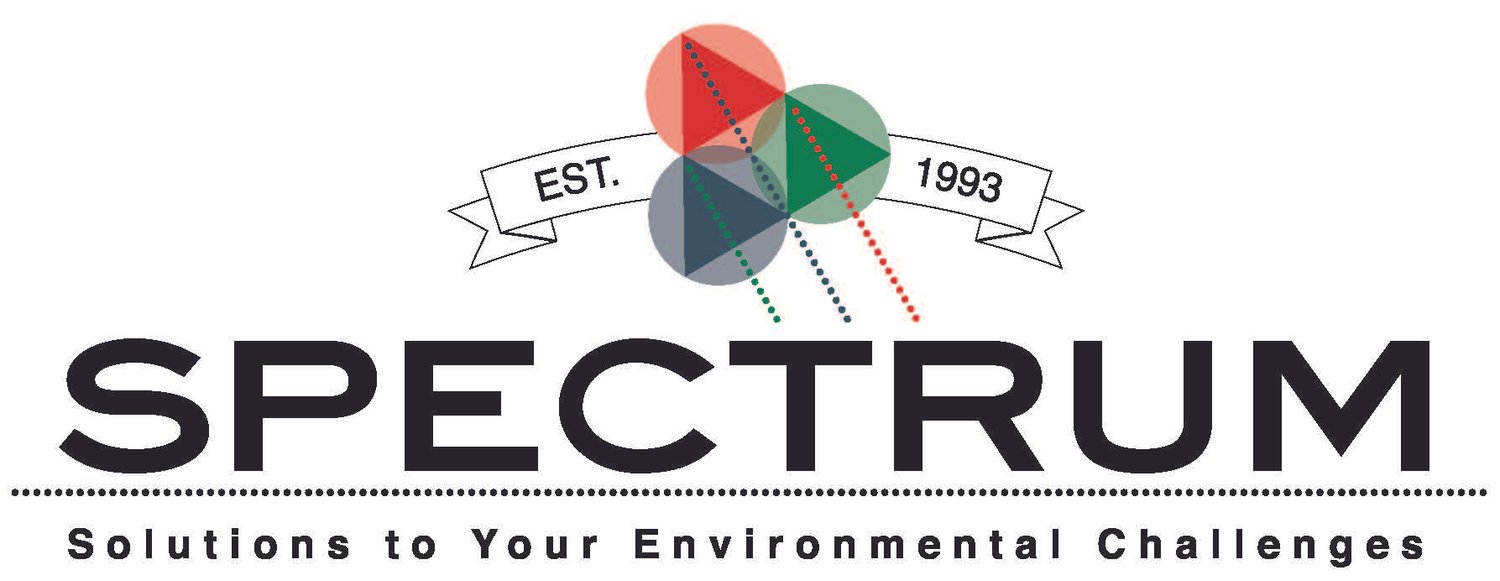
Stormwater Services
Stay Compliant with Stormwater Regulations
Compliance with stormwater regulations is now a standard requirement for construction projects and other activities that have the potential to impact water quality. Failure to comply with these regulations can result in a variety of negative outcomes, including:
Pollution of nearby bodies of water: Stormwater runoff can carry sediment, construction debris, and other pollutants into rivers, lakes, and streams, thereby damaging local aquatic ecosystems and degrading water quality.
Erosion: Construction activities can disturb soil and vegetation, leading to increased erosion if not properly managed.
Flooding: Stormwater can overwhelm drainage systems and create localized flooding if not controlled using retention ponds and other stormwater management techniques.
Regulatory actions: Federal, state, and local regulatory agencies can impose fines and even shut down a construction project in response to violations of stormwater regulations.
Cost overruns: Improper stormwater management can lead to costly delays and rework due to erosion, sedimentation, and regulatory actions.
Damage to business reputation: Damage to the environment and any ensuing regulatory actions can undermine goodwill and support for an ongoing project. Future projects may not be approved by regulatory agencies if local citizens and government officials view the project’s sponsor as being a poor steward of the environment.
We know the regulations and are ready to help!
Spectrum Environmental stands as a leading consulting firm in providing stormwater services to the industrial, manufacturing, and construction sectors. We can help with:
Pre-project planning and site evaluations.
Storm Water Pollution Prevention Plan (SWPPP) and Best Management Plan (BMP) preparation.
Notice of Intent (NOI) or Notice of Coverage (NOC) documents.
Required inspections – frequency determined by client and/or governing entities.
Compliance assistance and response to regulatory actions.
Notice of Terminations (NOTs) and project closeouts.
As the Federal, State, and Local requirements have matured and post-construction BMPs usage and maintenance have become a focus, Spectrum has expanded to be there to help. Through strategic partnerships with other environmental companies such as Flood-Con, Spectrum Environmental can provide your next project with best-in-class stormwater management solutions.
Key Stormwater Management Regulations
Stormwater management regulations have evolved over time, and these changes have been driven by public awareness of water pollution and its environmental impacts. The most significant developments in stormwater regulation have occurred mainly in the latter half of the 20th century and continuing into the 21st century. Key regulations include:
Clean Water Act (CWA): The Clean Water Act was enacted by the United States Congress in 1972 and it was originally focused on controlling discharges from point sources such as sewage treatment plants and industrial facilities. Over the years, the CWA has been interpreted to also include the regulation of stormwater runoff from various sources, including urban areas and construction sites.
Phase I Stormwater Regulations: The EPA issued Phase I Stormwater Regulations under the CWA in 1987, requiring permits for stormwater discharges from industrial facilities and municipal separate storm sewer systems (MS4s) in larger cities.
Phase II Stormwater Regulations: The EPA issued Phase II regulations in 1990, expanding stormwater permit requirements to smaller municipal separate storm sewer systems (MS4s), construction activities disturbing one or more acres of land, and other activities such as large farms and transportation facilities.
Construction General Permit (CGP): The EPA issued the Construction General Permit (CGP) regulations in 1992 to regulate stormwater discharges from construction activities. The CGP requires construction site managers and operators to manage stormwater runoff and implement erosion and sediment control measures to prevent the pollution of nearby waterways.
In addition to federal regulations described above, states and many local governments have developed their own stormwater management programs and regulations. These regulations often build upon federal requirements and may include additional provisions that address local conditions and concerns.






